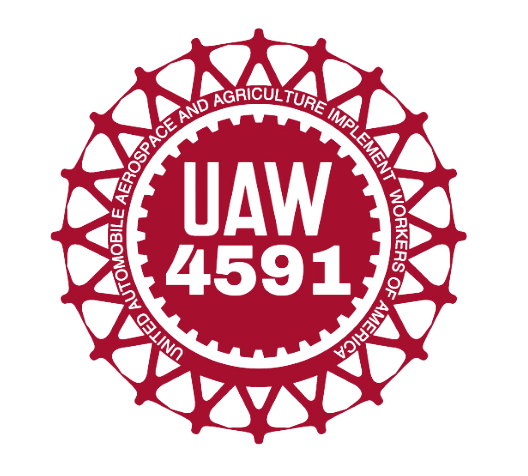International ASE Strike FAQ
Your Title Goes Here
Your content goes here. Edit or remove this text inline or in the module Content settings. You can also style every aspect of this content in the module Design settings and even apply custom CSS to this text in the module Advanced settings.
What is a strike? How do we get to the point where we are striking?
A strike is a complete work stoppage. During a strike, ASEs do not perform our paid work duties (teaching, research, and all related duties), but instead participate in picket lines on and around our campuses to increase the visibility of the strike. A strike is called by the union bargaining committee if circumstances warrant. The bargaining units, via a two-thirds majority, gives the bargaining committee to call a strike should the situation in bargaining justifies. A strike authorization vote does not automatically mean we will go to strike. For more general information on strike and strike authorization vote, visit strike FAQs.
Am I allowed to join and participate in a union (including striking) if I am an international or undocumented student or scholar?
Yes, international and undocumented workers can participate in union activities, just as domestic workers do. Thousands of international workers – Academic Student Employees, Postdocs, and Research Scientists and Engineers – have been members of, participated in, and served in elected officer roles of their UAW unions in Washington state, including at UW and WSU.
Will my visa/immigration status be jeopardized now or in the future for participating in union activity, including striking?
No, neither the University nor any University employee is allowed to retaliate against you for exercising your right to participate in lawful union activity, in any aspect of your relationship with the University. Striking has no bearing on your visa or immigration status and is not considered political activity. Furthermore, student visa status is only dependent on maintaining good status as a student; it is not dependent on ASE employment or activity related to ASE employment, like striking.
As with all other union action, our solidarity and willingness to be public is our best protection. In other words: they’d have to take on all of us in order to take on one of us.
Am I eligible for UAW strike benefits if I’m an international or undocumented worker?
Yes, every member regardless of visa or immigration status is eligible for strike benefits. You would receive strike pay ($500 per week) from the UAW Strike and Defense fund to mitigate lost wages. This is similar to when workers receive Short Term Disability Benefits from an insurance company when they’re not working while on disability or pregnancy leave. Strike pay is NOT a form of employment. You will not become an employee of the UAW by virtue of receiving strike pay. Receiving strike pay does not impact student visa restrictions with regard to the number of hours an international student worker is allowed to work.
Will my application for legal permanent residence be jeopardized if I participate in the strike?
No, striking should not jeopardize or delay applications for legal permanent residence. Thousands of academic student employees from our peer institutions in UW and UC have become members of and participated in their unions since the 2000s without any reported instance of delay or rejection of applications as a result of signing a membership card or otherwise participating in the union.
What difference does having a union make for International and undocumented workers?
Coming together and forming a union has benefited international and undocumented workers in many ways. Collective bargaining gives all workers, including international and undocumented workers, a platform to collectively address concerns such as pay and benefits, visa-related issues, appointment and job security, recourse when rights are violated by the university, such as when international workers are harassed or discriminated against in their work.
Our international ASE peers at UW and UC have benefited from their unions in the form of community support networks, contract enforcement that has protected international workers from being wrongfully dismissed, and the support of their union when facing immigration issues.
I’m still scared of the prospect of going on strike. Can I not strike and just let the domestic workers do that?
We are all strongest and most protected when we all participate together–international and domestic ASEs alike. Striking is not only a mass disruption and display of power, it is also a show of solidarity. International ASEs can and do participate in union activity to the same extent as domestic ASEs, and our employment and immigration status will not be affected by exercising our rights. By standing with other ASEs and supporting each other, we show that individual international ASEs are part of a community. When we are not isolated, retaliation becomes less likely and we will not be easy targets to pick on. An injury to one is an injury to all.
